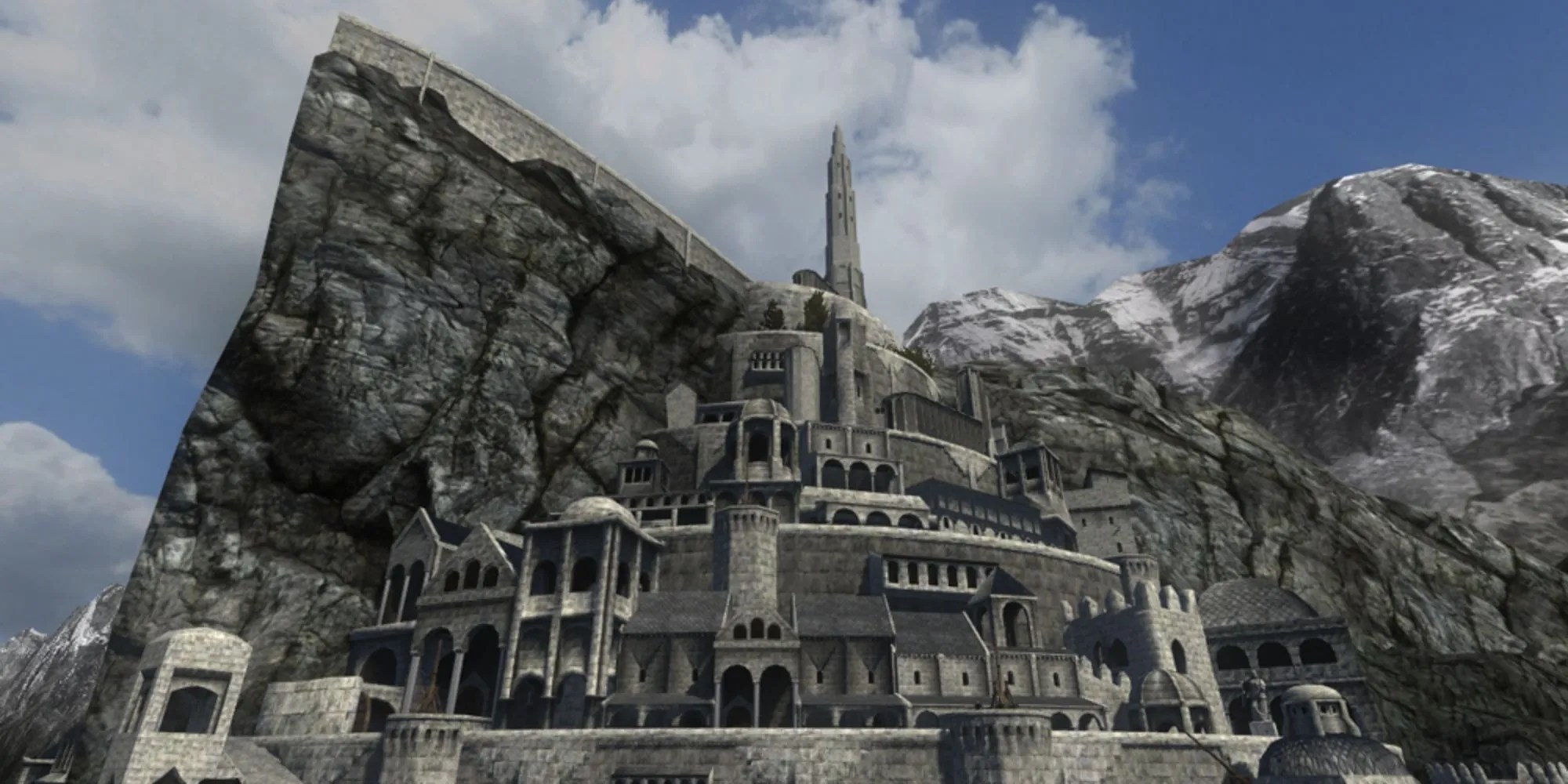Summary
While there are certainly accessible strategy games available, such as the remarkably friendlyTooth & Tail, they are often complex experiences. This doesn’t always make them difficult to learn or play, but rather increases the complexity of the decision-making process.
These games almost always provide players with more than one solution to their problems and, as a result, are able to offer complex decision-making. This often allows for player expression, allowing for creative problem-solving that offers tremendous freedom.

Excelling with its boots-on-the-ground combat,Mount & Blade: Warbandoffers unique engagements with its distinctive design. In the game, players command small and large armies from the ground across myriad skirmishes and large-scale battles.
These battles are dynamic and play out in real-time, often providing ample opportunities for complex decision-making. It’s not just about the numbers; players must make fast and informed decisions in combat if they’re to be successful, especially when the odds aren’t in their favor.

Cobalt Coreis a distinctive deck-builder with a tactical twist and charming sense of whimsy. Informing its design is a tactical twist that enables the game to provide a variety of engaging spaceship battles,elevated by thematic mechanics.
Unlikegames such asSlay The Spire,Cobalt Corerequires players to aim their attacks while also allowing them to manually avoid incoming damage. The added elements that come fromCobalt Core’sdynamic battlefields make for a wealth of decision-making opportunities, further supported by unique resources that must be managed effectively.

FTL: Faster Than Lightis a unique roguelike that features real-time combat with a tactical pause.The spaceship battlesthat make up the core of its gameplay are packed with decisions, as players must manage the safety of their crew against hazards and potential intruders, all while allocating power to important systems and prioritizing threats.
Even outside of combat, players are often forced to make tough, albeit less complex, decisions. This occurs duringthe variety of random events, which provide meaningful palette cleansers between combat.

Wildfrost’sinnovative combination of tactical battlefields and expressive card play makes for a chaotic tangle of decisions. Through generous and frequent rewards between combat encounters, players are able to narrow down these decisions, but expanding enemy variety and dynamic bosses keep the decision-making process complex.
It’s an accessible experience, butWildfrostcan get difficultas each run progresses. The decisions made during deck-building and when customizing the game’s various companions are of the utmost importance. And, furthermore, the addition of a dynamic battlefield adds tactical positioning to the player’s list of priorities.

Into The Breachisa tactical roguelikethat provides players with tightly-packed, grid-based battles. These bite-sized encounters are replete with decisions to make, offering three unique units to control, each with their own expressive abilities.
The wealth of information thatInto The Breachoffers players makes decisions easier to make, but it can also take time to find the most efficient path. For patient players that enjoy puzzle-adjacent gameplay,Into The Breachis remarkably crunchy.

StarCraft 2(and, more specifically, its competitive multiplayer scene) is a tight and strategic arena that excels with its expressive decision-making. Three asymmetric factions, each tremendously unique in potential play-styles, are the biggest standouts, butStarCraft 2also offers creative freedom in its macro and micromanagement.
The highly customizable controls and player feedback provide expressive micromanagement,making combat a truly dynamic experience. Base-building and economy management are also integral, with many directions to take and builds to experiment with. The sheer pace of the game, while admittedly inaccessible for many, also forces players to make complex decisions quickly, increasing tension and making each match less predictable.

Dune: Spice Warscombines real-time strategy with a 4X structure, offering multiple victory conditions and complex resource management interspersed with snappy, lethal combat. Between army management, politics, intrigue, and base-building, there are many decisions to make, and each is multi-faceted.
This complex variety of resources and strategies makes for a dense puzzle of decision-making and clever thinking. It’s made further complex by a variety of asymmetric factions, each of which have their own strengths and encourage unique play-styles.

Fans of tabletop games and deck-builders alike are sure to get a kick out ofDune: Imperium. This strategy game offers players a diverse board that’s packed with possibilities. More specifically, its combination of worker-placement and deck-building mechanics makes decision-making multi-faceted and naturally complex.
This is only furthered byDune: Imperium’sunique cards, which often have multiple purposes, enabling players to use many cards in myriad ways. Furthermore, the game features a variety of playable leaders, each of which can change how players make decisions.

